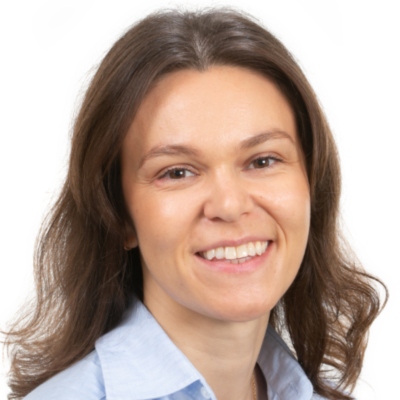RESEARCH: FORENSIC IMAGING
 What stage of your research career are you currently at, and what are your research interests?
What stage of your research career are you currently at, and what are your research interests?
I am currently a Doctoral Clinical Academic Fellow (DCAF) funded by the National Institute for Health Research, meaning I am just starting my clinical PhD.
I work as a children’s radiographer at Great Ormond Street Hospital. My research interest includes the family experience, forensic imaging and the mental health and well-being of radiology staff.
How did you get into research?
I started by doing local audits and service reviews at my hospital. People always think of research as only large clinical trials, but there are a wide range of research investigation types and you can make an impact by starting work at a local level by improving practice firstly within your department and move on with your reach as you grow.
I’ve been really fortunate to have a really supportive team around me, including Clare Simcock our Lead Radiographer who has worked hard to develop clinical academics in our department, and I’m now mentored by our first paediatric clinical academic, Ian, who is at a later stage in his academic career, so he’s able to show me the ropes and teaching me lots of new skills.
What do you enjoy about research?
Finding out new information and using it to make a clinical impact. Everyone knows that healthcare is under pressure, and we are desperate to make things better, so research is an opportunity to find out what works well and then try to embed it back into clinical practice, so being able to do that is really appealing to me.
What challenges do you face as a researcher?
My research area of forensic imaging can be a really challenging topic to discuss and talk about. It is important that I make the most of working in a supportive environment that means I can not only look after the mental health and well-being of everyone taking part in my project, including both the participants and myself. My second supervisor is an experienced Mental Health Nurse researcher, and I have made sure that I have an experienced psychologist on my project who can support anyone taking part.
What difference has your research training and experience made to your career?
I believe the skills used in academia and clinical practice are highly complementary. I am beginning to be able to think more critically, evaluate complex information better whilst also improving other areas including ICT. But most importantly, I think spending time in research has provided me with more confidence to speak up and challenge some more established ways of working and questioning whether we can make improvements.
What do you think is the greatest misconception about clinical academia?
That you need to give up clinical practice and working with patients, and that you cannot do both at the same time. NIHR have done a fantastic job of showing that “clinical academic” jobs are important within healthcare, and they can make a genuine difference. Within our department we now have two radiographers funded by the NIHR and hope to inspire others in the future.
I spent over 10 years building my clinical skills and there is the misconception that you will lose them if you start doing research. On the contrary: by joining the NIHR Training Scheme, the research that I do will make my clinical practice better! You can have your cake and eat it!
How has research changed your clinical practice?
As part of my research, I get to engage with families through Patient and Public Engagement activities (PPIE), which helps me design and run better research projects.
By listening to their experiences and understanding what medical imaging tests can be like for parents/carers, it has really opened my eyes to what it’s like to be on the receiving end of our tests. I hope that by doing so I am learning how to be a more understanding, compassionate and engaging radiographer. I hope the results of my research inspire other radiographers in this way in the future.
What has made a difference to progressing your research career?
I completed an MRes (Masters in Research) at Kings College London in 2019. I think it was the best decision I ever made! I remember radiographer colleagues thinking it was strange to do a master’s course not specifically related to radiography, but it was the best decision I ever made to prepare myself for a future career as a clinical academic radiographer. It essentially kick-started my research career and equipped me with some of the early skills I would need for a future in academia. I learnt about different research techniques, theories and methodologies and now I regularly use and have built upon those skills in my fellowship on a daily basis.
Where do you see your clinical academic career going over the next few years?
I hope to finish my PhD in September 2027 (fingers crossed!) and start to build a body of literature for family centred imaging.
I hope to continue training and learning more research skills by being involved in NIHR schemes and promote this type of career to others: with a supportive team around you, I feel like anything is possible.
Jessica Eaton, NIHR Doctoral Clinical and Practitioner Academic Fellowship (DCAF) holder, Great Ormond Street Hospital, Jessica.Eaton@gosh.nhs.uk
Useful links
Contact us
The CATO Team and Radiographers Incubator work on a Hybrid model, combining days in the office with days working from home – the best way to reach us is by email.
cato@imperial.ac.uk
radresearch@imperial.ac.uk
+44 (0)20 3313 7397

